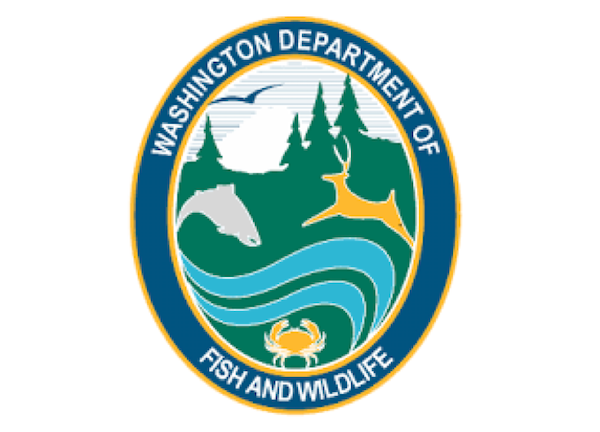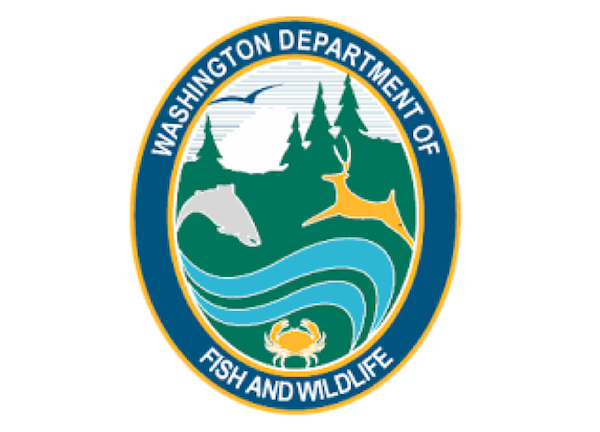Idaho Fish Report
South central Puget Sound (Marine Area 11) Chinook retention suspended starting Aug. 17

by WA Department of Fish & Wildlife Staff
8-16-2022
Website
OLYMPIA – Chinook salmon retention in south central Puget Sound (Marine Area 11) will be suspended beginning Aug. 17 through Sept. 30 after Washington Department of Fish and Wildlife (WDFW) fishery managers determined it was nearing the Chinook harvest quota. At this time, coho fishing will remain open daily through the summer.
"Early reports indicate coho are already moving into the region, so there's still plenty of opportunity to enjoy summer fisheries while being mindful of Chinook conservation measures," said Kirsten Simonsen, Ph.D., WDFW's Puget Sound recreational salmon manager. "Suspending Chinook retention has its benefits allowing staging Chinook to reach spawning grounds, and we can continue coho retention instead."
The current estimated summer Chinook harvest quota is 2,724 of the 2,816 total (97%) agreed in this year's List of Agreed Fisheries (LOAF). The total Chinook sublegal encounter is 2,247 with a limit of 3,373 (67%).
Marine Area 11 from the north tip of Vashon Island to the northernmost Tacoma Narrows Bridge will remain open seven days a week for coho only from Aug. 17 through Sept. 30. The daily limit is two with no minimum size. Anglers must release all Chinook and chum.
Puget Sound salmon seasons are a result of an annual collaborative state and tribal salmon season-setting process known as North of Falcon. To view the Puget Sound salmon fishery guidelines and quotas, visit the WDFW webpage. To view marine areas open for salmon fishing, visit the 2022/2023 Washington Sport Fishing Rules pamphlet.
To support conservation objectives, in areas where multiple salmon stocks overlap—including most of Puget Sound—state and tribal fisheries managers must abide by harvest quotas and allowable impacts that are federally approved by the National Marine Fisheries Service based on agreed-upon run forecasts prior to the fishing season.
Given this federal oversight and the challenge of accurately assessing individual salmon stocks in a mixed-stock system, WDFW cannot increase salmon harvest quotas or encounter limits while fishing seasons are underway. However, salmon managers can add or extend fishing opportunities when available salmon harvest quota and encounter limits allow.
WDFW fishery managers continue to call on salmon anglers to submit voluntary Salmon Trip Reports to help to increase the amount of data available for in-season management. These trip reports are just one tool in a suite of options fisheries managers use to collect biological and fishery data for Puget Sound salmon. Other monitoring tools include dockside sampling, test fishing, and boat surveys. Anglers can complete the voluntary Salmon Trip Report Form online or visit the WDFW website to download a paper copy.
The Washington Department of Fish and Wildlife works to preserve, protect, and perpetuate fish, wildlife and ecosystems while providing sustainable fish and wildlife recreational and commercial opportunities.


